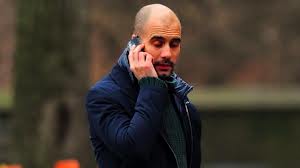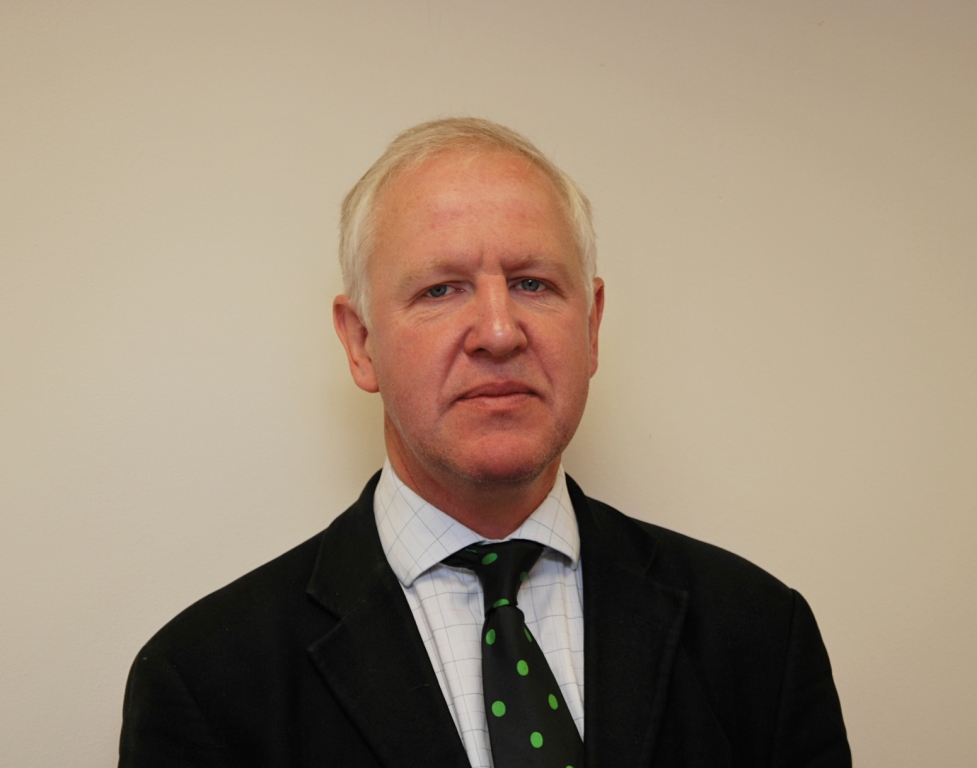I can’t tell you exactly why Pep Guardiola, the hottest property in football management, decided this week to hitch his wagon to Germany’s Bundesliga.
But I don’t think it would have happened had it not been for a choice made by an obscure New Zealand football administrator in Zurich on 7 July 2000.
It was the run-off to determine the host of the 2006 FIFA World Cup.
Germany was pitted against South Africa, Nelson Mandela and, you would have to say, the weight of popular opinion.
Charles Dempsey, the little-known Kiwi, was one of just 24 men with a vote.
After being kept up all night with his phone ringing, however, Dempsey elected not to cast it.
The European candidate edged to a narrow 12-11 victory.
The rest, as they say, is history – perhaps right up to this week’s announcement that the man Karl-Heinz Rummenigge described as “this football professor” would be succeeding Jupp Heynckes as manager of Bayern Munich.

Consider how things have panned out:
That win twelve-and-a-half years ago touched off a burst of stadium investment in Western Europe’s most populous country.
According to Deloitte, writing in 2006, “almost €1.4 billion has been invested in the 12 World Cup venues, developing five new stadia [including Bayern’s futuristic Allianz Arena] and refurbishing a further seven”.
This contributed to a comfortable and well-organised World Cup – but, even more importantly for the future health of German football, it gave clubs around the country the wherewithal to generate increased revenue streams.
By 2010, Deloitte was hailing Germany as “a shining recent example of the long-term benefits of hosting a large tournament.
“Bundesliga attendances are thriving and corporate facilities are much improved.
“In the five years since 2003-04, when the construction of several new stadia was completed, Bundesliga clubs have grown matchday revenues at a [compound annual growth rate] of 11 percent (€31 million per season), the fastest rate of any of the ‘big five’ leagues over this period.”
German football was also pressing ahead on other fronts, with both clubs and the national team starting to draw benefit from what AT Kearney’s Emmanuel Hembert described last year on this website as “the systematic development of youth academies”.
This has helped clubs to recruit top-quality players at lower cost than via transfers (although they have sometimes sold them), and improved the German national side beyond all recognition.
In its latest football finance review last May, Deloitte said that “despite 2010/11 financial performance relating to a period more than four years after the 2006 FIFA World Cup, Bundesliga clubs are still enjoying the matchday and commercial revenue benefits of the facility development programme undertaken to host the tournament.
“German top division revenues have grown almost 50% (€551 million) in the five years since 2005/06, at an average rate of almost 8% per year.”
Of course, the Bundesliga still trails England’s Premier League in terms of overall revenues generated, partly because of the German league’s relatively low ticket prices.
But those prices are a factor in ensuring that matchday attendances – and arguably interest in the league – have been high.
And, with UEFA’s Financial Fair Play (FFP) regulations now threatening to make turnover king for top clubs to a greater extent than hitherto, another piece in Germany’s increasingly impressive jigsaw is about to slot into place.
This latest piece is a significantly improved TV deal.
According to Deloitte, domestic deals for the four years from 2013/14, when Guardiola takes Bayern’s reins, represent “an uplift of over 50% compared with the c.€400 million per year earned from current deals.
“The League has indicated,” Deloitte goes on, “that the new contracts combined with international deals will deliver an average of €700 million per year to the top two divisions over the period.”
Great crowds, good nurseries, a great stadium, enviable commercial support and, soon, a substantially improved TV deal.
Suddenly it seems less surprising that the former Barcelona man will be house-hunting in Bavaria as opposed to Belgravia in weeks to come.
But it might all have been different had it not been for the late Charles Dempsey’s controversial abstention twelve and a bit years ago.
David Owen worked for 20 years for the Financial Times in the United States, Canada, France and the UK. He ended his FT career as sports editor after the 2006 World Cup and is now freelancing, including covering the 2008 Beijing Olympics and 2010 World Cup. Owen’s Twitter feed can be accessed at www.twitter.com/dodo938
